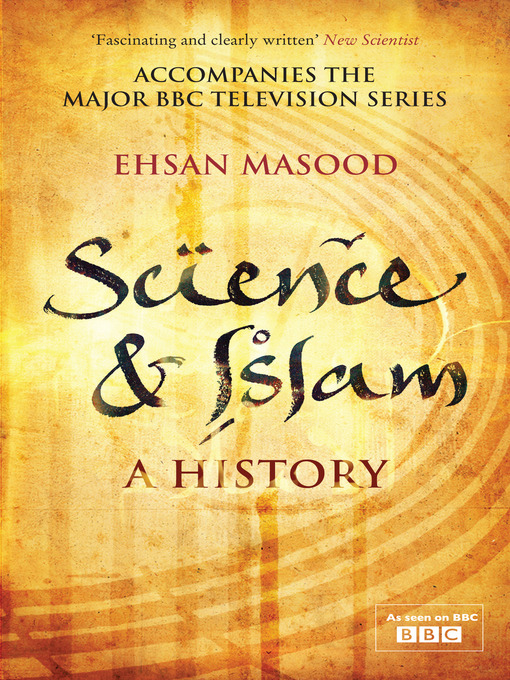From Musa al-Khwarizmi who developed algebra in 9th-century Baghdad to al-Jazari, a 13th-century Turkish engineer whose achievements include the crank, the camshaft and the reciprocating piston, Science & Islam tells the story of one of history's most misunderstood yet rich and fertile periods in science: the extraordinary Islamic scientific revolution between 700 and 1400 CE.
Between the 8th and 16th centuries, scholars and researchers working from Samarkand in modern-day Uzbekistan to Cordoba in Spain advanced our knowledge of astronomy, chemistry, enhineering, mathematics, medicine and philosophy to new heights.
It was Musa al-Khwarizmi, for instance, who developed algebra in 9th-century Baghdad, drawing on work by mathematicians in India; there was also al-Jazari, a Turkish engineer of the 13th century whose achievement include the crank, the camshaft, and the reciprocating piston; and ibn-Sina, whose textbook 'Canon of Medicine' was a standard work in Europe's universities until the 1600s. These scientists were a part of a sophisticated culture and civilisation that was based on belief in God - a picture which helps to scotch the myth of the 'Dark Ages' and the idea that scientific profress falters because of religion.
Science writer Ehsan Masood weaves the story of these and other scientists into a compelling narrative, taking the reader on a journey through the Islamic empires of the middle ages, the cultural and religious circumstances toa made this revolution possible, and its contribution to science in Western Europe. He unpacks the debates between scientists, philosophers and theologians on the nature of physical reality and the limits of human reason, and explores the many reasons for the eventual decline of advanced science and learning in the Arabic-speaking world.

